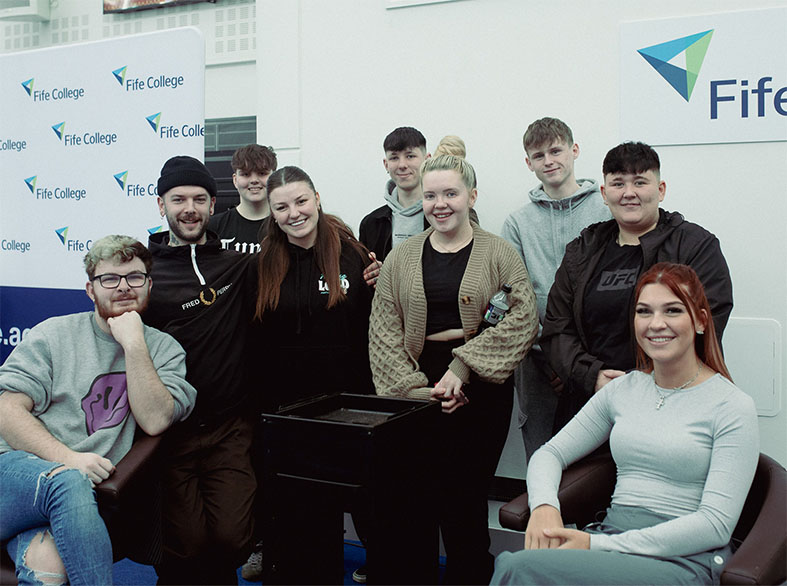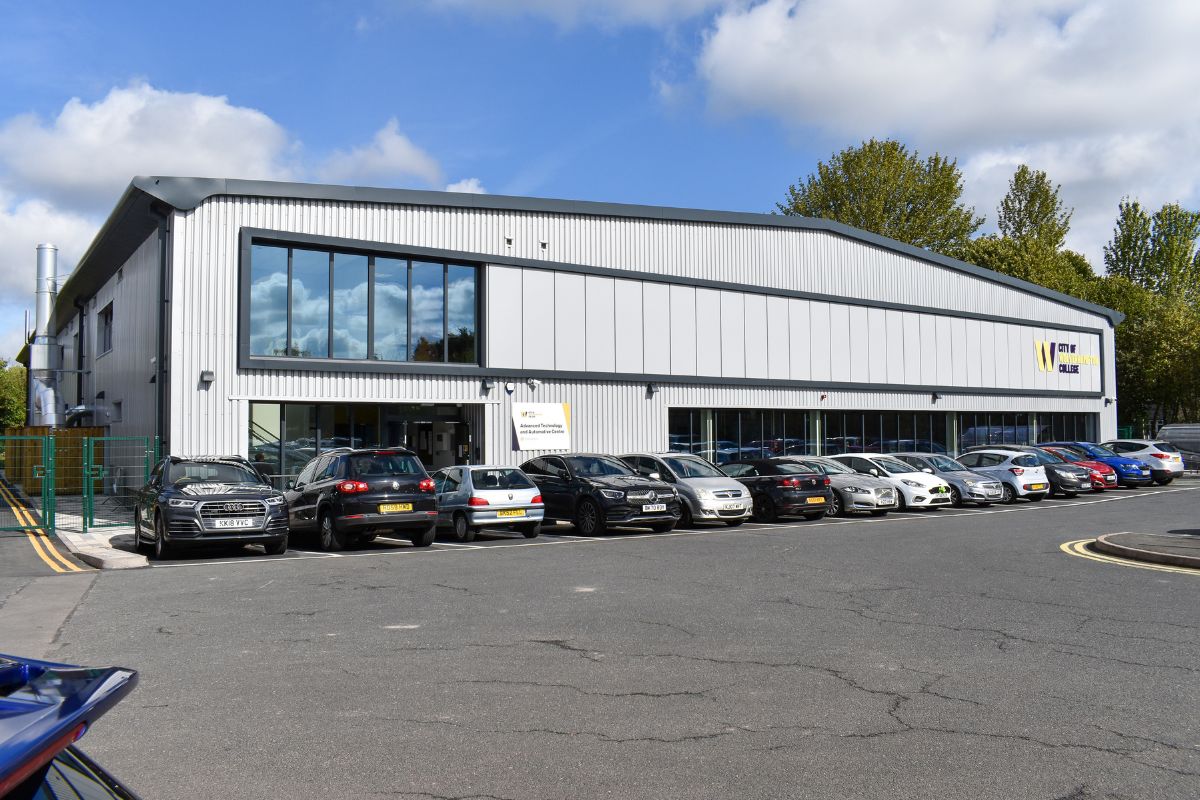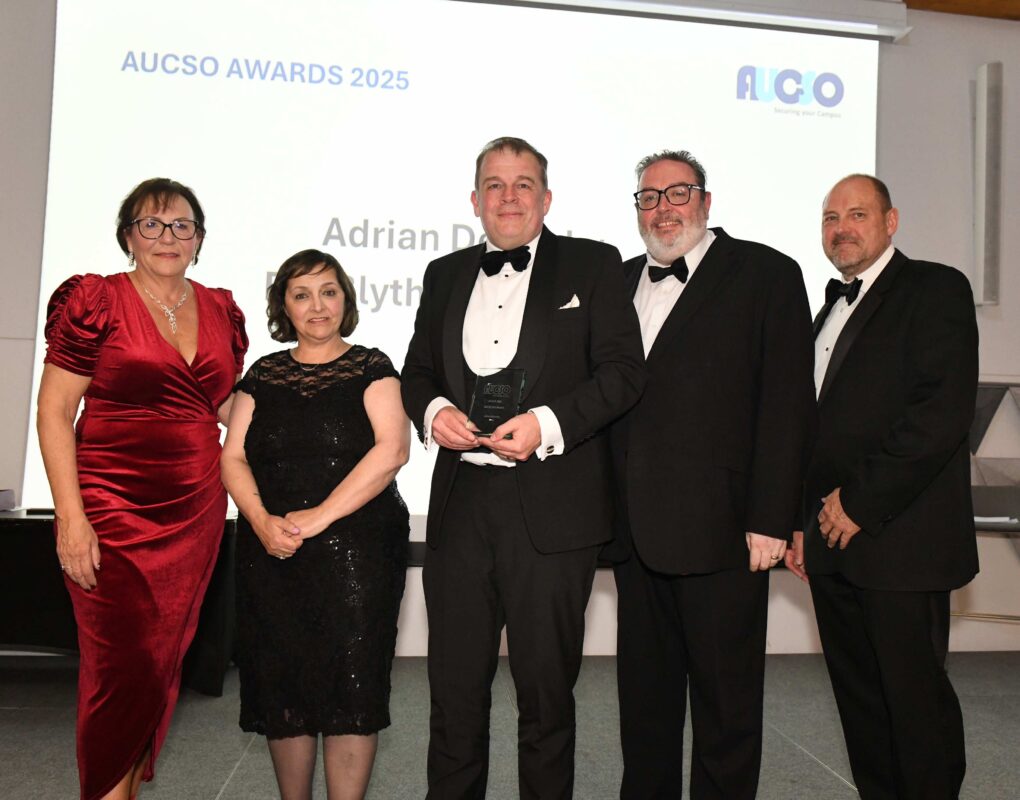New report from PebblePad reveals HE priorities over the next three years

- Eight in ten teaching staff say it will be vital to ‘embed employability’ in the curriculum
- 71% plan to fundamentally change their approach to assessment
- 69% expect investment in classroom tech to increase in the next three years, but there are significant barriers to tech procurement
New research from PebblePad shows that teaching and learning staff in UK universities are most concerned by boosting employability, assessment and student wellbeing in the next three years.
To mark PebblePad’s 18th birthday, this new study interviewed teaching and learning staff at UK Higher Education institutions, to find out what the next three years hold for those directly responsible for delivering education to today’s and tomorrow’s students.
Embedded employability
Today’s teaching and learning staff say that ensuring employment success for their students is amongst their top concerns for the next three years. Indeed, an overwhelming majority of university educators (82 per cent) say it will be key to embed employability into the curriculum during the next three years. To shore up employability, educators will focus on providing students with opportunities to develop knowledge, skills, experiences, behaviours, attributes, achievements and attitudes to help them make more successful transitions to the world of work.
Sixty-four per cent of teaching and learning staff also say that they plan to increase their collaboration with employers during the next three years, ensuring that course materials and teaching methods serve to equip students with the skills and attributes that employers most want.
A new approach to assessment
As teaching and learning evolves, seven in ten (71 per cent) of educators think that the next three years will also bring about a significant change in the way they approach measurement and assessment. As well as a shift to authentic assessment approaches, 84 per cent of respondents said that more emphasis needs to be placed on helping students articulate their skills throughout their studies.
Overcoming tech obstacles
Given that 87 percent of respondents believe that the learning experience will be a hybrid one in 2025 – combining online and in-person studies – it’s perhaps no surprise that adopting technology is set to be an important priority for the next three years. 69 per cent of respondents expect their investment in classroom technology to increase by 2025. And it’s not only an increase in the amount of tech which will be bought – 92 per cent of educators predict that they will see an increase in the range and scope of learning technology in the next three years.
More than half of respondents (53 per cent) believe the cost of technology still impedes its procurement and use in HE. And nearly four in ten (39 per cent) worry that a prohibitive amount of staff training and education is required to make tech purchases a success. Nearly three in ten (27 per cent) believe that technology purchases are currently not linked (or as well linked as they could be) to an institution’s strategic objectives.
Commenting on the findings, Shane Sutherland, CEO and founder of PebblePad said,
“Following an unprecedented period in Higher Education, universities up and down the country are taking the opportunity to rebuild, reset and plan. And, while there are plenty of reports on what the future might look like for university leaders – how they can remain competitive and demonstrate value – less has been written about the nuts and bolts of what’s next for classroom staff. This study puts that right – and uncovers a group which is optimistic about the future; committed to enhancing all aspects of the student experience, from curriculum design and development to assessment and measurement.”
The report draws on insight from more than 100 universities. To read the full report, please visit
https://resources.pebblepad.co.uk/teaching-learning-priorities-report











Responses